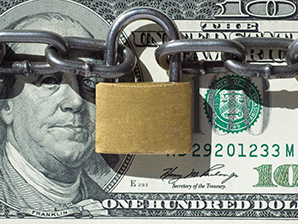A look at investor attitudes to war and uncertainty in the modern era
So far the U.S. has spent an estimated $6.4 trillion on post-9/11 wars, a sizable piece of its GDP.1 But how do wars affect the economy and stock markets? Security experts are weighing in, and only time will tell, but investing experts are sending out reminders that past wars didn't push U.S. equities lower over the long term.
Markets Often Shrug It Off
LPL Financial research notes that stocks have largely shrugged off past geopolitical conflicts. "As serious as this escalation is, previous experiences have indicated it may be unlikely to have a material impact on U.S. economic fundamentals or corporate profits," said LPL Financial Chief Investment Strategist John Lynch, referring to the January 2020 U.S. airstrike that killed Iranian general Qasem Soleimani. "We would not be sellers of stocks into weakness related to this event, given stocks have weathered heightened geopolitical tensions in the past."2
When Markets Can Suffer
History tells us periods of uncertainty like we're seeing now are usually when stocks suffer the most. In 2015, researchers at the Swiss Finance Institute looked at U.S. military conflicts after World War II and found that in cases when there is a prewar phase, an increase in the war likelihood tends to decrease stock prices, but the ultimate outbreak of a war increases them. However, in cases when a war starts as a surprise, the outbreak of a war decreases stock prices. They called this phenomenon "the war puzzle" and said there is no clear explanation why stocks increase significantly when war breaks out after a prelude.4




